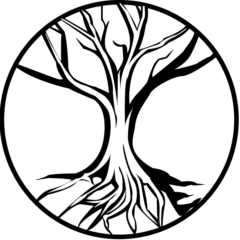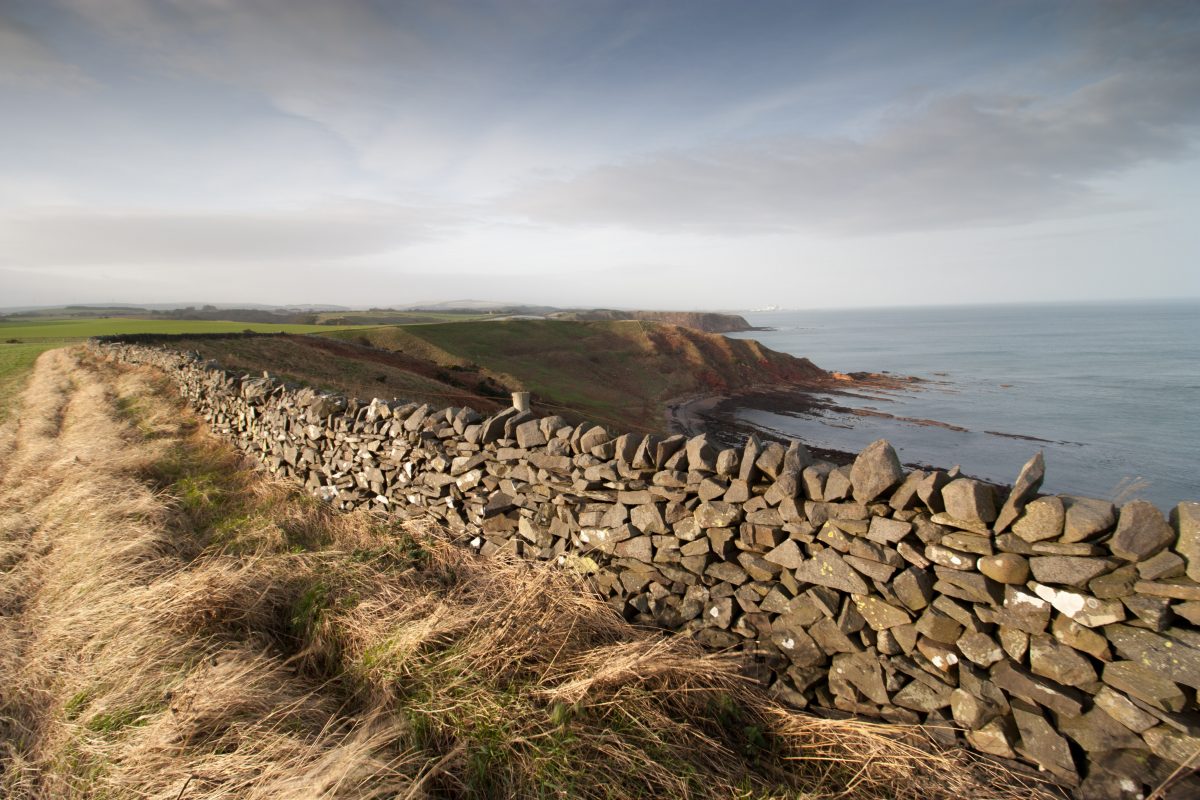One of my first friends was an adventurer. He was a soft toy man dressed in yellow named adventurer Sam. Little did I know that in the future many of my close friends would share the same name; it must be a special name. Adventurer Sam was always well prepared. He had a soft toy water bottle and soft toy binoculars. Inside his backpack, perfectly sized for a soft toy adventurer, he carried a soft toy map. That way he would never lose his way. He was a childhood hero; a figure to look up to. If he could be an adventurer, why not me?
My parents are adventurers. In their mid 20’s they left their home land of New Zealand for The UK and started a new life in Edinburgh. Did they know they would stay in Britain for ever? I don’t know. What I do know is that they left practically everything. Family and friends all on the other side of the world, replaced with the rainy streets of the Scottish capital. Their small island in the Pacific turned into a smaller island in the Atlantic, and home was geographically as far away as you can go without leaving the planet. What a decision. I’ve always taken it for granted; that my parents lived as long As I’ve been in alive in New Zealand, then only to trade it forever. But really it’s amazing. They must have been truly brave to move so far.
I always wanted to be an adventurer. As a child I was fascinated with ancient Egypt, and while other kids wanted to be famous footballers, I dreamed of pyramids and ancient gods. I wanted to be an Egyptologist, and perhaps so myself to be a little Indiana Jones. More likely though, I wanted to be like Adventurer Sam.
We used to always spend the Easter holiday in the Lake District. When I was four my mum and step dad called my ‘the champion mountain climber’ because I had climbed one very short mountain with them. For a few years I carried that title deep in my heart and believed that it was true. I wanted to conquer the highest mountains and see the greatest views the world had to offer. My strongest memory from early childhood is walking through the forests in the Lakes, one hand held by mum, the other my step dad. We never found the bears.
I went with my dad in the summers to the west coast of Scotland where we sailed Scotland’s western isles. There I felt nature, and learned its strength. When the sun came, its light played with the sea. The waves shifted and reflected the sun over us. Sometimes dolphins swam alongside the yacht and we became for a short time a member of their community. When the dark skies came and the sea was pulled into black waves, I learned that nature must be respected. She is not evil, but she can be terrifying and violent. When you sit in a small boat that leans so far in a storm, that you are almost touching the wailing sea, you learn the violent beauty of our world.
When we landed on islands it felt as if we had found new land. We were the first people that had ever been there; the island our own kingdom. I still remember the disappointment as we found signs on the ‘black isle’ that people had been there before us. The other boat in the harbour should have been proof enough, but so is the imagination of a dreaming child.
In ‘normal’ life I lived in Cambridgeshire with my mum and step dad. In Cambridgeshire there are no lakes, no mountains, and very little nature. Instead agriculture reigns entirely. Some find the endless fields of crops beautiful. I see in it the end of nature. There is nothing to connect with there. We lived in a region we hated and stayed because of my step dad’s work. There was no adventure in Cambridgeshire. When people tell me that it is my home, it hurts. My mum grew up on a farm where the plains of central Otago meet the mountains. My step dad grew up near the lake district. I was born in Edinburgh, a city never far from hills and the sea. We never fitted into Cambridgeshire, even me who has spent most of my life there. I only ever really felt at home when I went to see dad in Scotland. The strongest influence Cambridgeshire had on me was the desperate desire to escape it.
I remember one of the teachers I respect the most from my school days telling me “you’ll grow to appreciate here after you leave it.” I’ve gone back a few times now. Every time I last a few days before questioning how I managed to stay there so long. I go there to see family, catch up with a few friends, then I leave again.
The point here is, I was always going to end up needing something I could quantify as a ‘real’ adventure. When I did finally leave Cambridgeshire after school was done and dusted, I was really running away in many respects. Maybe I still am. I’m not entirely sure.
That was four years ago now. I packed my bags, got on a plane and landed in China. At 19 years old I was moving to the Gobi desert. The adventure hasn’t stopped since. In four years I’ve been a teacher, been a student in three countries and lived in five cities. I’ve travelled thousands of miles on trains and buses; watched from their windows as lush mountains turn to deserts. I’ve started to learn how little I know that there is to know.
At the end of my first year in China, some friends and I sat in a courtyard in Beijing and considered how surreal it would be to be back in the UK. One said: “we’ll never have an adventure like this again.” We had all lived and worked as teachers in small cities across the country, far from the well known metropoles. I didn’t believe him and promised it was only the start. In some ways that adventure never actually ended. In other ways, we truly never had an adventure like it again. If I told you that we all met on a small Scottish Island with a population of around 200 people, you probably wouldn’t believe me. That first adventure ended after all in a town of 20 million.
Going back to the UK actually was an adventure too. My Chinese city, Kuitun, had a westerner population of roughly two; me and my friend who I lived with for the year. Some others lived twenty minutes south in Dushanzi, but nonetheless in a city of 300’000 we stuck out like sore thumbs. The first day back in the UK was extremely uncomfortable, because everyone wasn’t Chinese, and it just didn’t feel right. It took a month to readjust. I missed good food. I missed things being affordable. I missed the language. The UK was all wrong.
That year was the only full year I’ve spent in the UK since leaving school. The year after I was back in China, and I’m writing this right now from Germany, where I’ve been for the last three and a half months. Although it was a great year I had cabin fever the whole time. After a year that was split up by long train journeys across the whole of China, a whole year in Leeds felt like a cage. Because of that, I think I’m still running. I love university, but despite that A whole year in one place had become so difficult.
In three weeks I go back to the UK for the first full year since year 1 of uni. My relationship with it has completely changed. I see it more as a nice country which I like staying in, rather than a home. Four years of hopping in and out of it seems to have its toll eventually. Not so long ago I thought this point would be feel like the end of my ‘adventuring’. There are no more times where I ‘must’ live outside of the UK. That’s all done now. But it’s so problematic. My childhood was characterised entirely by a need to run, to explore the world; and the frustration that that need couldn’t be realised. Now, after four years of changing worlds and experiences, I feel the sense of adventure disappearing but simultaneously don’t want to stop. My friend’s comment back in Beijing comes back as a ghost. The adventures never were the same.
There is no doubt in my mind that after another whole year in the UK I’ll be itching to run away again. Already I’m considering whether it is better to move to Europe or to Asia. But for every year I keep running, the less it remains adventure, and instead becomes normal life. It becomes normal to have friends for a few months, only to wave goodbye forever at the end of that all too short time. It becomes normal to wonder if you can still keep your life to one bag if you need to. The concept of ‘your own bed’ disappears. Your own bed is wherever your sleeping at any given time. I’ve been told for example that I can have my own bed back this time I visit Cambridgeshire. The last few times I’ve been sleeping in the living room, and both ways are fine, because my bed isn’t my bed anymore. I wouldn’t trade the experiences of the last few years for anything but in truth, for everything you gain, you lose something too. Embrace adventure too much, and it seems you lose a sense of home.
Something is still puzzling. As a kid, adventure was always associated with nature, but my last four years has been spent almost entirely in cities. How do I assimilate the root of that need to run, with the actual result? Is that why after four years something seems lacking, or does that stem from too long simply up in the air never staying in one place? The exception is my old dream of becoming an egyptologist. I have something in common with my old dream. I do explore culture, and although the cultures I learn about are very much still living, the foundation is still there.
I think over the next few years my concept of adventure will change. They say life itself is an adventure, and I believe that wholeheartedly, but that doesn’t fit with the relatively superficial conceptualisation of the word explored here. I think as this superficial material adventure becomes more and more a form of normal life, experiences gained along the way will feed a more philosophical form of adventurism. That is to an extent already happening. When you start to realise more deeply that every nation thinks differently, and that their thoughts are not right or wrong, but a different understanding of existence, existence suddenly becomes much more fluid. There lies perhaps the next adventure: No longer in places, but in mind sets. Maybe the next few years will prove that theory wrong, but one thing is doubtless. The adventurism embodied for me in a childhood toy and hero, adventurer Sam, is not the same adventurism that lies in the future. I still need to come to terms with adventure.
Skip to content

